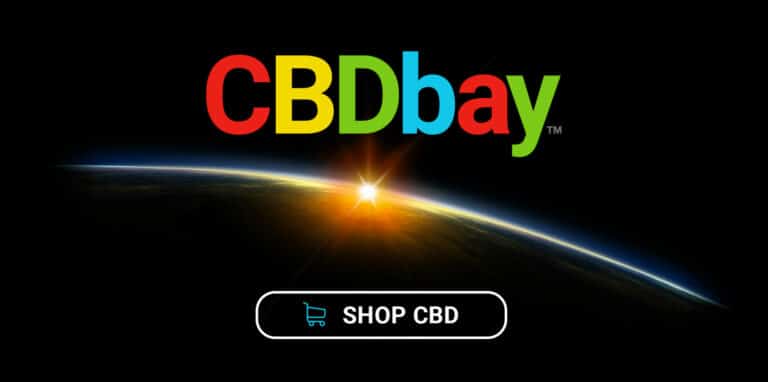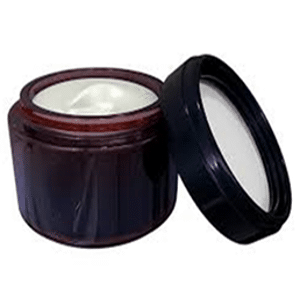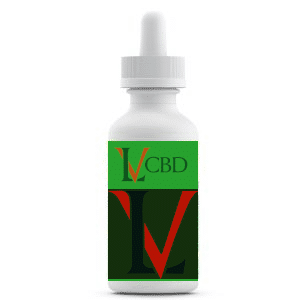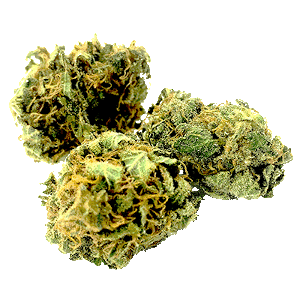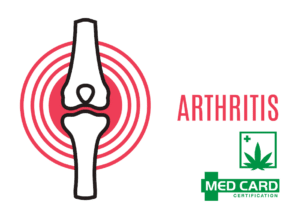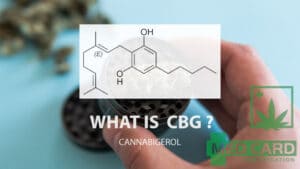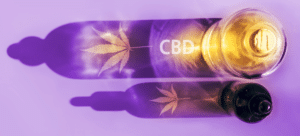CBD In Connecticut
2022 Complete Buyers Guide
Overview
It’s 2022 and I want my CBD! That’s what countless Connecticutites are saying as the popularity of CBD has exploded in Connecticut.
Interestingly, although Connecticut residents have been able to purchase hemp CBD oil online and at local shops for years now, not a drop of it has been produced in the Constitution State. That’s all about to change as Connecticut’s first full hemp growing season is upon us. It’s only a matter of time before folks in the state can support their local farmers and processors and buy CBD oil produced in-state.
That being said, the state has been producing marijuana-derived CBD oil for over eight years now. However, a Connecticut medical marijuana card is required in order to have access to these products.
That’s the nutshell version. Now we’ll answer some of the most frequently asked questions about Connecticut hemp, Delta 8 THC, and CBD.
CT CBD 2022 Update
All totaled, consumers spent about $3.5 billion on CBD products in 2021.
While the U.S. FDA continues to drag its feet on setting up CBD regulations, the CBD market continues to mature and evolve. CBD use actually declined slightly in 2020. Experts attributed this to pandemic-related factors such as factory and warehouse shutdowns. However, CBD gained in popularity again in 2021. Pharma and cosmetics companies also began taking more interest in developing CBD-derived products for both medicinal and supplemental use.
More and more CBD-infused products are being released each day. CBD can now be found in a vast array of oils, tinctures, concentrate, capsules, topical solutions, lip balms, lotions, and edibles of all ilk.
2022 is shaping up to be an exciting year for the CBD market.
Is Delta 8 THC legal in Connecticut?
D8 is legal in Connecticut as of July 1, 2021.
Unfortunately, delta 8 THC is regulated under the same laws as delta 9 THC — which means only state licensed dispensaries are legally allowed to sell this.
Prior to 2021, few people had ever heard of delta-8 THC. This is essentially a cannabinoid that is similar to the familiar buzz-inducing delta-9 THC except that it’s produced directly from hemp CBD rather than from marijuana. Delta-8 is less intoxicating and less likely to cause feelings of paranoia than the THC found in marijuana. Nonetheless, it does have some intoxicating properties.
Because it’s a form of tetrahydrocannabinol that has mild psychotropic effects, Delta-8 falls into a gray area of CBD laws.
Connecticut hemp CBD FAQ | 2022
Is CBD oil legal in Connecticut?
As of May 9, 2019, the retail sale of hemp-derived CBD is legal under state law.
Bill PA 19-3 required the state Department of Agriculture (DoAg) to establish a “hemp research pilot program” in Connecticut.
Under the measure, hemp, marijuana’s non-intoxicating cousin, was divorced from the definition of marijuana. That is all hemp crops must produce a maximum of 0.3 percent THC.
The hemp bill also established licensing requirements for growers and processors. Furthermore, it spells out lab testing requirements to assure potency can purity.
Also under the bill, products containing CBD such as foods are no longer considered controlled substances. Companies that make food products that contain processed CBD are not required to get a hemp grower or processor license. They do however require that the appropriate food manufacturing laws are followed.
What medical conditions are being treated with CBD?
The usual suspects on which patients pin their CBD use are anxiety, pain, and trouble sleeping. However, CBD is being used to treat a wide array of medical conditions, some of which are listed below.
- Acne
- ADD
- ADHD
- Addiction & Alcoholism
- Alzheimer’s Disease
- Anxiety
- Arthritis
- Asthma
- Atherosclerosis
- Bipolar
- Cancer
- Colitis & Crohn’s Disease
- Depression
- Diabetes
- Endocrine Disorders
- Epilepsy & Seizures
- Fibromyalgia
- Hair Loss
- Heart Disease
- Inflammation
- Insomnia
- Kidney Disease
- Liver Disease
- Migraines
- Nausea
- Neurodegeneration
- Obesity
- Osteoporosis/Bone Health
- Pain
- Parkinson’s Disease
- PTSD
- Skin Conditions
- Sleep Disorders
- Stress
- Stroke
- Tourette’s Syndrome
- Traumatic Brain Injury (TBI)
- Weight Loss
Can I Buy CBD online?
There are some pros and cons to buying CBD oil online.
On the upside, you’ll find a much wider selection of CBD products and brands. On the downside, there are so many companies to choose from you really need to do some research to make sure you’re getting a quality product. There are a lot of inferior products out there.
And, of course, another upside is that you don’t have to leave the comfort of your own home. You can have your CBD delivered to your doorstep.
Available hemp and CBD products in Connecticut?
All CBD products are legal in Connecticut with no exceptions. This includes smokable hemp flower.
Connecticut also expressly permits the production and sale of CBD-infused foods. The practice has not yet been approved by the FDA.
Here’s a list of some of the hemp CBD products available in Connecticut:
Where can I purchase CBD products in Connecticut?
For a long time, the only place you could find CBD oil was at head shops and smoke shops. Today CBD oil and other CBD-infused products are available in health food stores, spas, convenience stores, and even national drug stores chains such as CVS, Walgreens, RiteAid, and Walmart. Restaurants are also allowed to sell CBD-infused foods.
If you have your Connecticut medical marijuana card, CBD products can also be purchased at dispensaries. There are currently nine state-licensed medical marijuana dispensaries in Connecticut serviced by four growers.
Can I grow hemp in Connecticut?
Did you know that Connecticut hemp farmers can earn between $5,000 and $12,000 per acre for high-CBD hemp? It’s true, says UConn’s Zwick Center for Food and Resource Policy and Department of Agricultural and Resource Economics.
That means that a mere 10-acre farm could potentially earn $120,000 in annual profit from growing hemp.
However, in order to legally grow hemp in Connecticut, you must get a hemp grower’s license from the Department of Agriculture.
Here are the basics of Connecticut hemp laws:
- Connecticut hemp growing licenses are awarded by the Department of Agriculture.
- The application fee for a Connecticut hemp license is $50.
- If you are awarded a hemp grower’s license, there is an additional $50 per acre fee.
- A Connecticut hemp grower licenses is valid for two years.
- Hemp growing licenses do not cover hemp processing, only growing.
- A Connecticut hemp processing license costs $250 per year.
- All Hemp products produced in Connecticut are required to be be tested for THC content (<0.3%) microbial contaminants, pesticides, and heavy metals.
Can I start a CBD Business in Connecticut?
According to a Connecticut CBD laws document titled, “State Laws on Retail CBD Sales”:
“Under Connecticut law, a person does not need a license to sell low THC hemp-derived CBD products at retail, as long as the person is not processing or manufacturing hemp into CBD. The CBD need not be sourced from within Connecticut but must be legally acquired. (“Low THC” means up to 0.3% THC, on a dry weight basis.)”
Click here to learn how to start a CBD company
There you have it.
Learn more about hemp CBD’s medicinal benefits
Learn more about Connecticut hemp and CBD laws
- ct.gov – State Laws on Retail CBD Sales
- ct.gov – Hemp Manufacturing in Connecticut: Frequently Asked Questions
- Ct.gov – Connecticut Hemp Research Pilot Program
- The Connecticut Hemp Industry Association
- Vote Hemp – Connecticut Hemp Laws
- Uconn – The Numbers on Connecticut’s Newest Crop: Hemp
- Hartford Current – With first farm awarded permit to begin growing hemp, the industry is set to take off in Connecticut
- VIDEO: Connecticut’s Hemp Production Pilot Program Seeing Results


